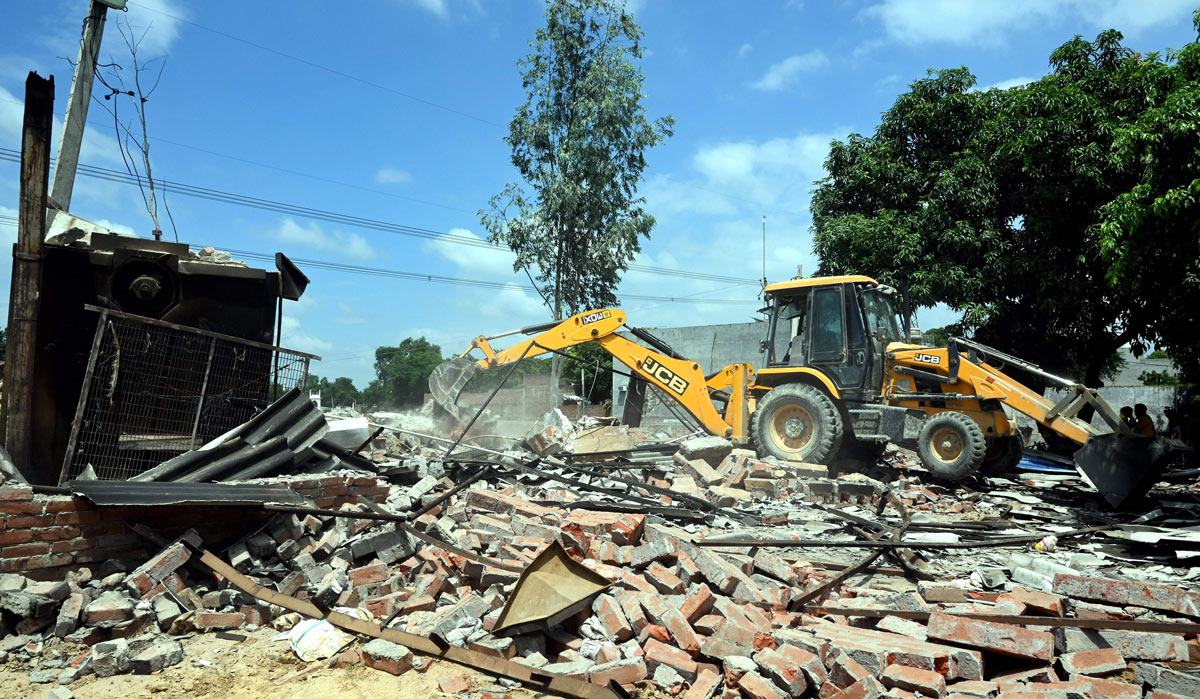Laying down pan-India guidelines on 'bulldozer justice', the Supreme Court on Wednesday called the act of demolishing the house of the accused "unconstitutional" and "illegal".
A bench of Justice B R Gavai and K V Viswanathan held that the Executive cannot become a judge and declare an accused as guilty and demolish his house as punishment. "The responsibility to determine the guilt of a person and punish him vests with the judiciary," the Bench said.
Here are some of the observations made by the court.
1) The SC called the act "transgressions of limits." The chilling side of bulldozer reminds that constitutional values and ethos do not allow such abuse of power, the court said.
2) The court also noted that demolishing the house of a person also affects the right to shelter under Article 21 of the Constitution, thereby becoming a collective punishment against the family members of the accused.
3) The court said the construction of a house reflects socio-economic aspirations and a symbol of years of struggle. Taking away the right can be justified only if the authorities prove that such a measure was the only last resort, the court said.
4) "The settled principle of criminal jurisprudence is that the accused is innocent till proven guilty and if the structure is demolished, then it is collective punishment on all family members which cannot be allowed under the Constitution," the Court said.
5) The court held that any government or public official responsible for such an illegal and arbitrary act should be made liable.
6) The state is obliged to maintain law and order and protect a citizen who broke the law from unlawful action. Failing to adhere to this can lead to erosion of public confidence and give way to lawlessness.
7) The directions issued by the court to curb bulldozer justice, include time to appeal against any order of demolition, and avoiding demolition without show cause notice.
8) The show cause notice should include the nature of violations, the date on which a personal hearing for the affected party is fixed and before whom (which authority) it is fixed.
9. The notice should also be sent to the Collector and District Magistrate (DM), who will appoint nodal officers in charge of demolition. Minutes of the personal hearing before the concerned authority have to be recorded.
10. The owner of the property should be given an opportunity to demolish or remove the unauthorised structure within 15 days of the order and only if the appellate body has not stayed the order, the steps of demolition shall take place.


